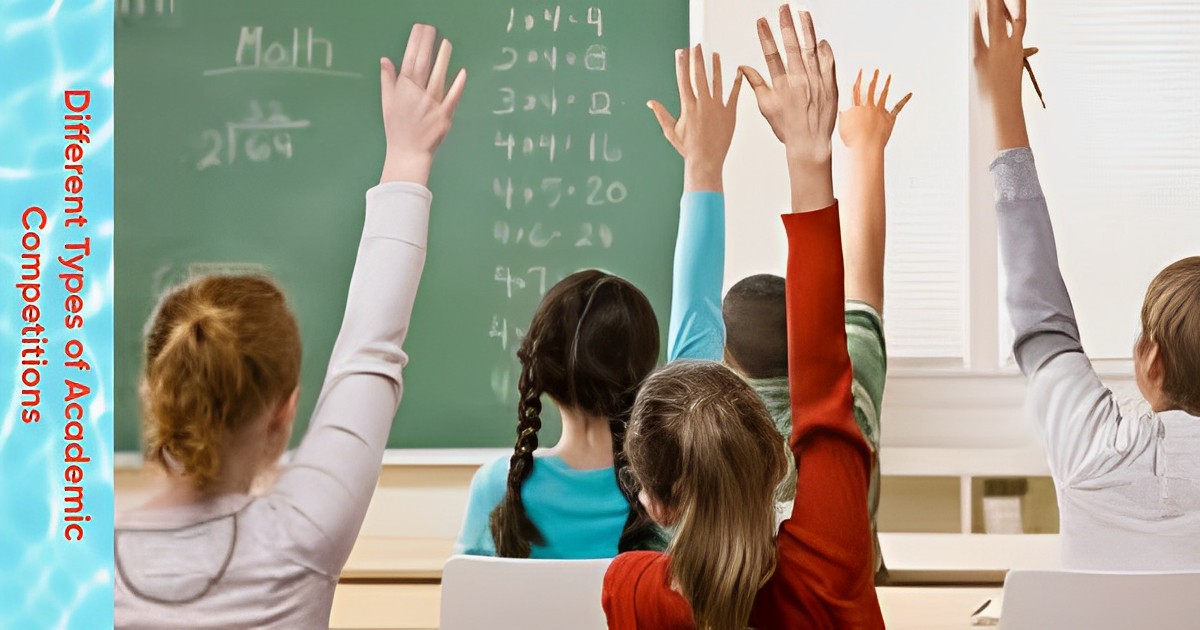
Academic competitions are a great opportunity for high school students to demonstrate their skills and knowledge while also challenging themselves and aspiring to greatness. Although there are many different types of academic competitions, they all share one common goal: to push students to achieve their full potential and improve their academic performance.
In this article, we will explore the challenges and opportunities that different types of academic competitions present to students and how they can benefit them in the long run.
Table of Contents
Here are different types of academic competitions:
Quiz Bees.
Quiz bees are a well-known form of academic competition wherein students are put under time pressure to answer questions. These quizzes encompass a broad range of subjects such as science, history, literature, and art. Engaging in quiz bees presents students with a chance to test their knowledge and develop valuable teamwork skills.
Prominent quiz bees like the National Science Quiz or the International History Olympiad have gained global popularity and are now held annually.
Science Fairs.
Science fairs offer students a platform to demonstrate their innovative ideas and scientific discoveries. They not only allow students to research diverse subjects but also encourage interaction with like-minded individuals. Furthermore, science fairs present a unique opportunity for students to enhance their communication skills by presenting their findings to judges and the public.
It’s worth noting that science fairs, such as the Intel International Science and Engineering Fair, are highly competitive, attracting participants from around the globe, which adds an element of challenge for students.
Speech and Debate Competitions.
Speech and debate competitions are a great way for students to improve their public speaking skills and build their confidence. These competitions challenge students to craft compelling arguments and present them with conviction. Students who participate in speech and debate competitions also learn how to analyze complex issues and think critically.
Speech and debate competitions like the National Speech and Debate Association Tournament or the International Public Speaking Competition have become increasingly popular over the years.
Maths Competitions.
Competitions like the ICAS maths competition are designed to challenge students’ maths skills and critical thinking abilities. These competitions test students’ problem-solving skills and require them to think outside the box.
Participating in maths competitions not only helps students improve their maths skills but also prepares them for higher-level maths courses and careers in fields like engineering, finance, and data science.
Music and Art Competitions.
Music and art competitions provide an opportunity for students to showcase their creative talents and develop their artistic skills. These competitions challenge students to find new and creative ways of expressing themselves through music or art. Participating in music and art competitions not only helps students improve their skills but also exposes them to different cultures and styles of art.
Competitions like the YoungArts National Arts Competition or the International Piano Competition are highly competitive and attract talented students from all over the world.
In Summary:
Academic competitions provide unique challenges and opportunities for students to improve their academic performance and develop various skills like critical thinking, problem-solving, and communication.
Participating in these competitions can help students prepare for higher education and career opportunities while also igniting their passion for learning. Therefore, students should be encouraged to explore different types of academic competitions and take advantage of the opportunities they offer.
Visit for more best articles